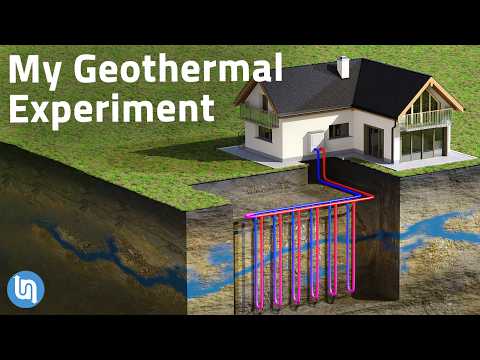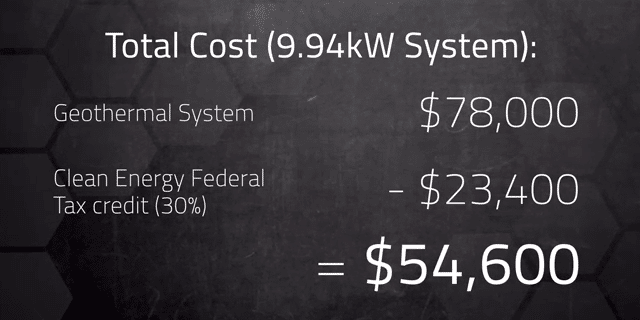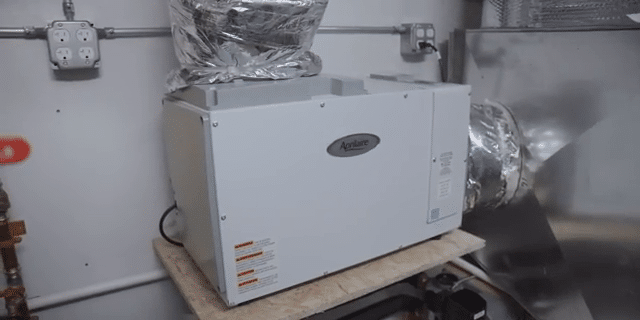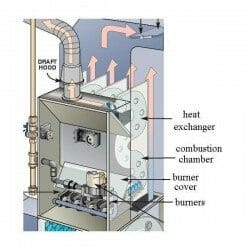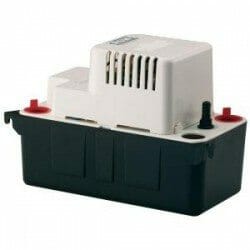Exploring the Advantages of Geothermal Heat Pumps: Efficiency, Costs, and Long-Term Benefits
Home » Furnaces, AC's & Fireplaces »
Understanding Geothermal Heat Pumps
Heat pumps are a highly efficient way to both heat and cool a home, yet not all heat pumps are created equal. Among the various types, geothermal heat pumps, or ground-source heat pumps, are recognized for their efficiency over a broader range of temperatures compared to their air-source counterparts. While geothermal systems are more costly upfront, they are theorized to pay for themselves over time.
The Efficiency of Geothermal Systems
Geothermal heat pumps operate on a simple but effective principle: instead of extracting heat from the variable outdoor air, they exchange heat with the earth, which maintains a consistent temperature just below its surface. At a depth of about 6 to 10 feet, the temperature stabilizes around 50 degrees Fahrenheit, providing a reliable source of heat in winter and a heat sink in summer. This consistency allows geothermal systems to operate more efficiently than air-source pumps, which have to work harder under extreme weather conditions.
Installation and Initial Costs
Implementing a geothermal heat pump system isn’t without its challenges, primarily due to the initial installation costs. Drilling a vertical well, for instance, can be expensive, especially in areas where space is limited. A typical residential vertical well can reach depths of 400 feet or more, which significantly increases installation costs. However, for properties with more land, a horizontal well might be a feasible and cheaper alternative.
Long-term Savings and Performance
Despite the high upfront costs, the long-term energy savings potential of geothermal heat pumps is substantial. These systems are not only more efficient but also have longer lifespans compared to traditional HVAC systems. Additionally, since they rely on stable ground temperatures, geothermal pumps consistently perform well, even when air-source heat pumps might struggle due to outdoor temperature fluctuations.
Enhanced Home Electrification with SPAN Technology
Incorporating technologies like the SPAN panel can bridge gaps in home electrification, particularly when upgrading to energy-intensive systems like geothermal heat pumps. The SPAN panel manages home energy use by automatically adjusting high-energy devices, which helps to avoid overloading the home’s electrical system. This integration is crucial for homes with renewable energy sources and high power demands, ensuring efficiency and reliability.
Additional Benefits and Federal Incentives
The adoption of geothermal heat pump systems is also encouraged through federal tax incentives, which can offset the installation costs. These incentives are part of broader efforts to promote cleaner energy solutions. Homeowners investing in geothermal technology can benefit from significant tax credits, which reduce the financial burden and accelerate the return on investment.
Sustainable Living and Long-Term Home Planning
For those planning to build or retrofit homes with sustainability in mind, geothermal heat pumps are a compelling option. They not only provide heating and cooling more efficiently but also contribute to a home’s overall energy independence. This is particularly advantageous for homes designed with a net-zero energy goal, where the total amount of energy used by the building is roughly equal to the amount of renewable energy created on-site.
Ultimately, while the initial costs associated with geothermal heat pump systems can be daunting, the long-term benefits—both financial and environmental—can be substantial. Homeowners who choose this system often prioritize long-term savings and sustainability, aligning with broader trends towards greener, more energy-efficient living solutions. As with any significant home improvement, it’s essential to weigh the upfront investment against the expected benefits, keeping personal goals and the specific home context in mind. The decision to go geothermal is not just about cost but about committing to a sustainable future.
With energy costs on the rise and the increasing viability of renewable energy sources, geothermal heat pumps represent a forward-thinking solution for those interested in long-term energy efficiency and environmental stewardship. As technology advances and more homes move towards complete electrification, systems like these will play a crucial role in shaping a sustainable architectural landscape.
